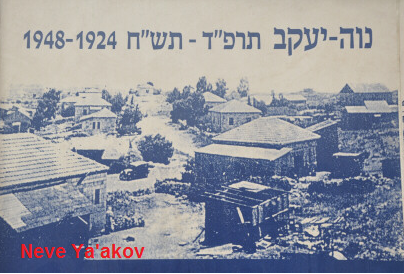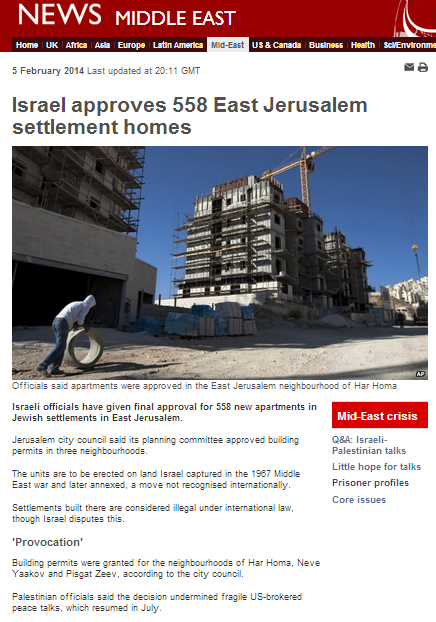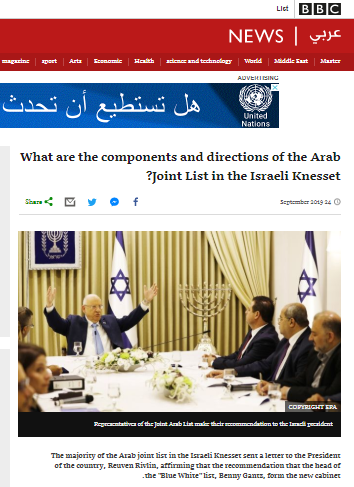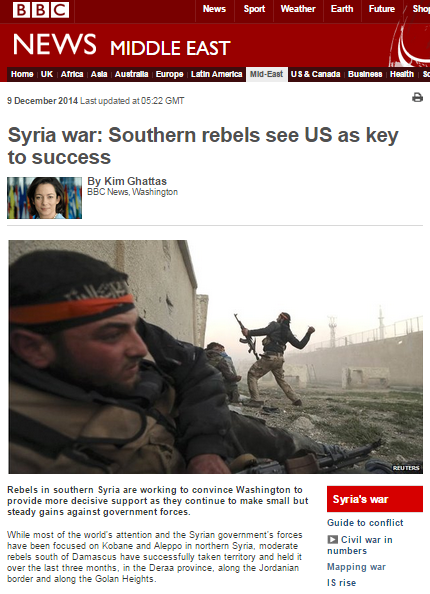On the evening of February 5th an article appeared on the Middle East page of the BBC News website under the title “Israel approves 558 East Jerusalem settlement homes“.
Readers have to wade down to the tenth paragraph (out of a total of thirteen) to discover that:
“A city council spokeswoman said the plans for the apartments were approved “years ago” and that new building in Arab areas of Jerusalem was also approved on Wednesday.”
The BBC, however, is only interested in building permits in neighbourhoods of Jerusalem which it defines as “Jewish settlements”.
“Israeli officials have given final approval for 558 new apartments in Jewish settlements in East Jerusalem.”
That politically motivated and inaccurate choice of terminology deliberately misleads BBC audiences by creating the mistaken impression that such neighbourhoods are populated exclusively by Jews. That, of course, is not the case: thousands of Arab residents of Jerusalem – among them some who have chosen not to take Israeli citizenship – live in a variety of Jerusalem neighbourhoods, including those which the BBC elects to define as “Jewish settlements”.
So why does the BBC – the organization supposedly committed to building “a global understanding of international issues” – deliberately mislead its audiences in this manner? One clue to that puzzle may come from another statement included in this article:
“An estimated 200,000 settlers currently live in East Jerusalem, alongside 370,000 Palestinians.”
If the BBC were to inform audiences of the fact that Arabs – and not just Palestinians by the way, but also Israeli Arab residents of Jerusalem – live in certain areas added or returned to the city after 1967, then the labelling of residents of neighbourhoods such as Gilo, French Hill and Pisgat Ze’ev as “settlers” would become very complicated.
Like the Guardian – which advises its employees only to use the term “settler” for Israeli Jews – the BBC has adopted the position that “settlers” can only be of one religion/ethnicity, with its style guide including the following curious advice to BBC journalists:
“It is normally best to talk about “Jewish settlers” rather than “Israeli settlers” – some settlers are not Israeli citizens.”
In other words, as far as the BBC is concerned, two families – one Arab and one Jewish – living next door to each other in the same apartment block in Gilo would be defined as “settlers” – or not – purely on the basis of their religion/ethnicity.
Such categorization on the basis of religion/ethnicity is obviously both offensive and problematic. Hence, the BBC seems to have decided to circumvent the issue by pretending that all residents of the neighbourhoods of Jerusalem which it – for political reasons – chooses to define as “settlements” are Jewish and by concealing the fact that this is not the case at all from BBC audiences.
That undoubtedly makes life a lot easier for BBC journalists, allowing them to present a ‘black and white’, ‘right and wrong’ picture in which Jewish Jerusalemites who buy or rent an apartment in Pisgat Ze’ev are “settlers” who are in breach of the BBC approved version of “international law”, but Arab Jerusalemites who do the same do not exist. Likewise Palestinians, as the BBC defines them, who take up residence in areas west of the 1949 Armistice lines are not deemed worthy of note by the BBC and are certainly not defined as “settlers”. 
This policy also allows BBC journalists to promote statements from Palestinian officials, such as the one by Hanan Ashrawi included in this particular report, whereby the construction of homes in specific parts of the city is described as detrimental to the current talks between Israel and the PLO, but construction approved by the same planning committee in other neighbourhoods over the 1949 Armistice line is not.
Whilst this approach may well simplify matters for BBC journalists – and lay the groundwork for future BBC claims of a breakdown of the peace process due to “settlements” – it actively prevents BBC audiences from reaching informed opinions on the subject. In 2011 the combined population of the three Jerusalem neighbourhoods in which the particular building tenders noted in this report are located (Har Homa, Neve Ya’akov and Pisgat Ze’ev) was some 37,000. No realistic appraisal of any potential agreement between Israel and the PLO would see these neighbourhoods become part of a Palestinian state, but BBC audiences remain ignorant of that fact.
Instead, whilst continuing to completely ignore issues such as PA sanctioned incitement and glorification of terrorism and the rise of terrorist incidents in Judea & Samaria since the latest round of talks began, the BBC keeps audience attention focused on the chimera of building and “settlements” as an “obstacle to peace” – in a manner and language remarkably similar to the tactics adopted by the Palestinian Authority.
BBC audiences need accurate and in-depth information about Jerusalem if they are to be able to participate in the debate regarding any future agreements between Israel and the PLO. Not only are they currently not getting that information from the BBC, but the information they are being given actively prevents them from forming a realistic, fact-based picture of the city, its residents and the issues under discussion.
Related Articles:
Don’t Divide Jerusalem: The Curious Case of Beit Safafa (Yaacov Lozowick)





